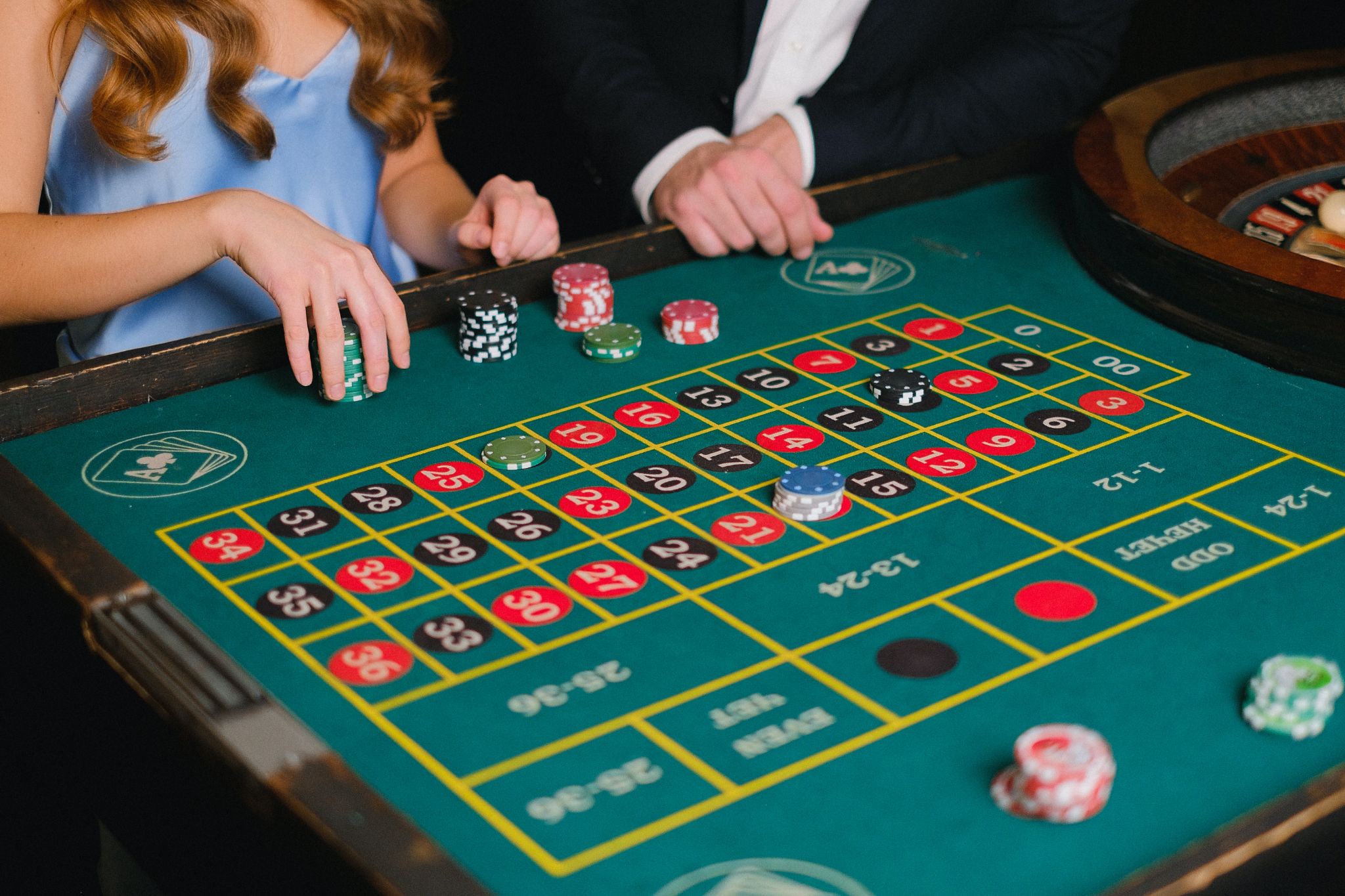
Gambling games have long been a engaging form of entertainment, drawing countless of players from diverse cultures around the globe. From the opulent casinos of Las Vegas to the bustling gambling halls of the Cotai Strip, these games serve as a bridge that unites people across a variety of backgrounds. The allure of fortune, skill, and gambling entices not only those looking to gamble for profit but also those seeking a feeling of belonging.
The influence of casino games extends significantly past the gaming floor. They often embody the cultural standards and principles of the societies in which they prosper. Games such as poker, 21, and roulette have woven themselves into the tapestry of mainstream culture, influencing multiple fields from cinema to clothing. As we explore this intriguing intersection of chance and society, we can comprehend better how these games shape and are influenced by the world around us.
Historical Development of Casino Activities
The beginnings of gaming games can be followed back to historical civilizations, where betting in various forms was extensively performed. In Ancient China, around 2300 B.C., a type of lottery known as Keno was common, while in ancient the Roman Empire, soldiers would regularly gamble on the consequences of their games. The idea of using randomness for entertainment and profit evolved over the years, leading to the establishment of more structured games. By the final Middle Ages, gambling houses started to emerge in Europe, notably in Italy, which presented early incarnations of famous games still practiced today.
As gambling increased popularity in European regions, the 17th and 18th centuries saw the emergence of gaming houses as specialized locations for gaming. The earliest official gaming venue, the Ridotto, was established in the city of Venice in 1638, offering games like Baccarat games and Faro games. This period marked a major turning point, as casinos began to welcome not just the wealthy but also the burgeoning middle-income class. The refinement of games increased, leading to the development of new rules and modifications that enriched the experience of players.
In the 19th century, the era of industrialization and shifts in societal conventions further transformed the terrain of gaming activities. The arrival of the game of roulette and contemporary gaming machines drew a more diverse clientele, and casinos became seen as acceptable fun. This time witnessed the international spread of casino activities, as gambling houses expanded from Europe to the Western Hemisphere, culminating in the development of the legendary Las Vegas Strip in the twentieth century. The progress of gaming games has persisted into the present day, incorporating technology and online sites, making them accessible to a global population.
### Cultural Relevance across Diverse Societies
Casino activities have profound cultural significance within a multitude of cultures across the planet. In Las Vegas, the very core of the urban landscape is woven around casinos, where gaming is not just a hobby but a key aspect of entertainment and community life. The dazzling lights and lively atmosphere attract countless individuals, showcasing how games of chance can influence local economies and local cultures. This environment transforms the notion of relaxation into an engaging experience that affects fashion, melodies, and even movies.
On the other hand, some cultures approach gambling with an air of caution, considering it through the lens of morality and heritage. For example, in numerous Oriental cultures, games like Mahjong and Pai Gow are steeped in history and have significant social meanings. These games are often played during gatherings and occasions, fostering community bonds and strengthening kinship ties. The act of engaging in these games goes above mere entertainment, reflecting principles such as honoring elders and the significance of shared enjoyment.
Simultaneously, in continental countries such as Monaco and Rome, casino games serve as symbols of luxury and sophistication. The refined atmosphere of these venues attracts both tourists and residents, reinforcing a sense of status and exclusivity. The art of poker and the tactical components of games like baccarat are esteemed, influencing interpersonal interactions and cultivating an allure that captivates a diverse audience. This underscores how games of chance can concurrently echo and shape cultural attitudes towards danger, reward, and community interaction.
Financial Influence and Tourism
Gambling activities play a crucial role in the financial context of many areas, particularly those that rely heavily on tourism. The revenue generated from gambling establishments fuels local financial systems, creating jobs not only within the casinos but also but also in connected industries such as hospitality, dining, and entertainment. This surge of tourists, drawn by the attraction of games and the overall gaming environment, stimulates spending across multiple businesses, contributing to the economic vitality of the area.
The existence of casinos often leads to the construction of facilities, including lodging, public transit, and leisure amenities. These developments are essential in enhancing the overall visitor satisfaction, making destinations more appealing to visitors. Additionally, many casinos contribute in local communities through support of activities and philanthropic activities, further embedding themselves into the community structure of the locality. Such contribution not only supports economic growth but also cultivates a positive reputation of the casino industry.
In addition, the global popularity of casino games drives competitive tourism, with regions vying to attract players from across the globe. Iconic destinations like Las Vegas and Macau have become identifiable with gambling culture, drawing millions annually. This advantage encourages innovation and variety within the gambling sector, influencing developments in entertainment and accommodation that extend beyond their limits. The consequences of this tourism extend far, impacting local economies and cultural interactions on a global scale.
Bet88
